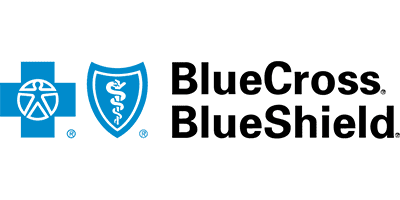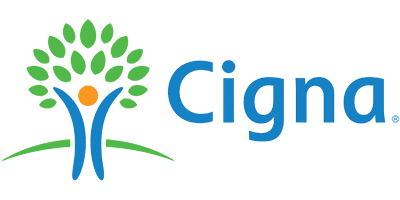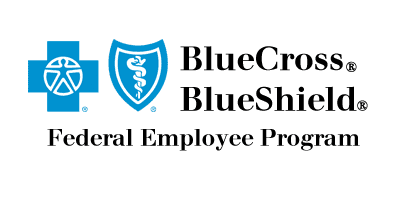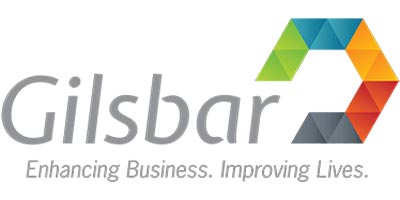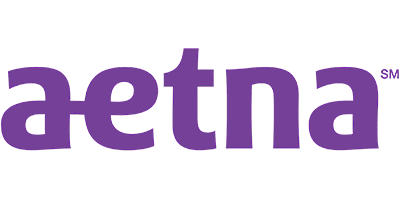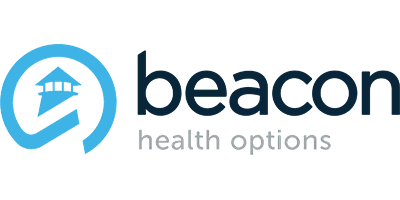What is an Intensive Outpatient Program?
When someone has a substance addiction, they have a serious, complex, chronic disease. As is true with other chronic diseases, getting the symptoms of addiction under control almost always requires professional treatment.
There are varying levels of care that a person can receive addiction treatment in, on both an inpatient and outpatient basis. So, how does outpatient rehab work?
The primary distinction between inpatient and outpatient rehab is the on-site living component. You live on-site during inpatient treatment, while outpatient rehab doesn’t require the residential element. You can return home in the evenings, or you might return to a sober living facility or another stable environment.
An outpatient program, including intensive outpatient rehab, is part of a continuum of care for most people, talked about below. We offer different levels of outpatient addiction treatment at our Los Angeles center.
What Is a Continuum of Care in Addiction Treatment?
In addiction treatment, a continuum of care is an evidence-based system of services and interventions that can address the needs of different people at varying stages of their recovery journey. The underlying idea of a continuum of care model is that addiction is a chronic condition requiring ongoing interventions and support.
The following can be part of a continuum of care, but not everyone will participate in all of these:
- Early intervention to identify and address substance use issues in the early stages to prevent escalation.
- Outpatient services are non-residential programs offering counseling, therapy, and support for people with substance use disorders. Outpatient services may include individual counseling, educational sessions, and group therapy.
- Intensive outpatient programs or IOPs are more structured and intensive outpatient treatment services that may involve several hours of treatment a day, several days a week.
- Partial hospitalization programs or PHPs are day programs with more intensive treatment than standard outpatient services, although participants usually still return home at night.
- Residential or inpatient treatment includes 24-hour care in a live-in facility. The environment is supportive and structured.
- Medication-assisted treatment, or MAT, isn’t a level of care or treatment setting but involves medications combined with behavioral therapy and counseling to address addiction.
Also part of the continuum of care may be aftercare and continuing care, sober living homes, peer support, and mutual aid groups, like Alcoholics Anonymous (AA).
Whether you’re wondering how outpatient rehab works or you’re considering which step would be right for you initially, we can help. Reach out to Outpatient Los Angeles to learn more about our programs and how to begin your recovery journey or help someone you love to do so.
How Does Outpatient Rehab Work?
To go back to the original question of how does outpatient rehab work—it depends on the individual’s treatment plan and the level of outpatient care.
Generally, there’s more flexibility in outpatient rehab, and you can continue meeting home, work, school, or responsibilities while you receive treatment. There’s the chance to explore the use of coping mechanisms you’re learning in treatment.
Many people will begin their treatment with inpatient rehab and, as they’re ready, step down into an outpatient program.
Within the larger category of outpatient rehab are traditional programs and intensive outpatient programs.
An intensive outpatient program or IOP can include ongoing treatment following a residential stay and support from an experienced staff. There’s monitoring for safe recovery and a flexible structure. At Outpatient Los Angeles, you are expected to participate in 30 hours of required meetings and treatment each week.
As an IOP patient, you can live inside a sober living home or the home of your choice.
For someone with a milder or shorter-term addiction, an IOP may be their first treatment step, as opposed to residential rehab. Our IOPs include:
- Education with experienced instructors who are often themselves recovering addicts.
- Private and group therapy sessions.
- Healthy, nutritious meals to help with the healing of the mind and body.
- Support groups.
- Life skills classes.
A traditional outpatient program at our center will include a few visits to the center a week and recovery services for patients with all forms of addiction. Outpatient rehab includes individual or group therapy, classes to learn real-world skills, and steps for integrating back into society after treatment. There’s also a big emphasis on relapse prevention. Our outpatient programs require a time commitment of 10 to 12 hours a week.
There’s another level of outpatient rehab available at some centers as well, which is a partial hospitalization program. A PHP is very intensive and is similar to residential rehab, with a high level of support and structure.
Request a 100% Confidential Callback
Still have questions? Request a callback or give us a call today.
- No Obligation When You Call
- All Contact Is Completely Confidential
- Expert and Caring Staff Ready For You
- 5-Star Rated Programming
What Are the Benefits of Outpatient Treatment?
Once you’ve found the answer to how outpatient rehab works, you might be wondering about the benefits. The biggest one is the sense of flexibility. Not everyone can leave their homes, families, or responsibilities to commit to residential rehab, and outpatient treatment gives them the opportunity to work toward recovery but keep up with other things in their lives as well.
Outpatient treatment, especially at a center like Outpatient Los Angeles, can be individualized to fit your needs. You can build on inpatient skills if you’re transferring from a higher level of care, and our programs continue private therapy sessions. It’s also more affordable compared to an inpatient program.
Our outpatient programs are at our Beverly Hills addiction treatment center. The center has views and access to the city, beautiful weather, and an on-site expert staff who’s compassionate and empathetic and wants to help you improve every aspect of your life.
Our programs aren’t for short-term solutions—they’re programs that provide you with a long-term recovery.
Factors that you should consider as you compare your outpatient treatment options include:
- Addiction severity: A severe addiction may require residential treatment first, and then you would step down into outpatient treatment. With a mild to moderate SUD, you might start your treatment path on an outpatient basis.
- Stable living environment: A participant in an outpatient program needs a living environment that’s stable and supportive without significant environmental stressors.
- Commitment: Anyone thinking about outpatient rehab should be motivated and committed to their recovery. There’s a sense of personal responsibility that comes with the flexibility of an intensive outpatient or traditional outpatient program. You also have to be dedicated to attending your scheduled sessions.
- Support system: Having a support system that’s strong and reliable is needed for a successful outpatient treatment process.
- Medical stability: An outpatient client should be medically stable and without severe withdrawal symptoms or medical conditions that would require constant monitoring.
The decision regarding the most appropriate level of care for a substance use disorder is very individualized. Contact our team at Outpatient Los Angeles. We can go into more detail as far as answering how does outpatient rehab work. We can also help you determine the next steps for you. Reach out today.
We Accept Most Insurance Providers
Our programs are compatible with most private insurance providers, and we also offer competitive self-pay rates. Our professional admissions staff will work hard to maximize your insurance benefits so you can focus on your recovery – not your insurance. Verify your benefits now to get started!


